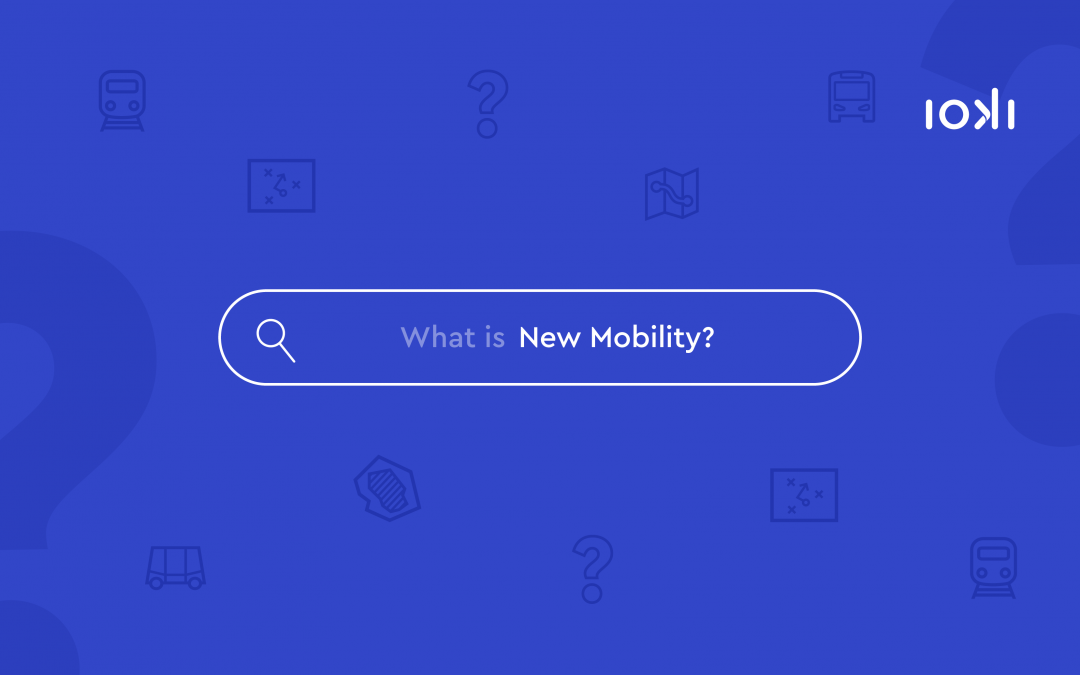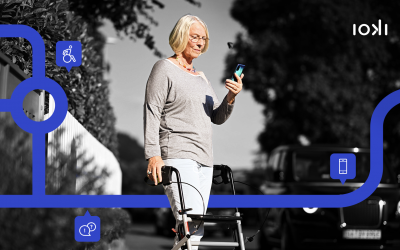Due to a lack of direct connections, poor timetables and too little flexibility, public transport is hardly a real alternative for many inhabitants in rural areas. For long distances and cold temperatures, the bicycle is often not a great solution either – neither for the old nor the young.
However, as everyone now knows, motorised private transport is anything but environmentally friendly and cost-effective. With regard to the age structure in the countryside, it is also striking: For many people, the car is basically the only practicable solution, but they may no longer be able or want to drive themselves. Social isolation and loneliness can be the result. This makes mobility – especially in rural areas – last but not least also to a social task.
But how can we succeed in providing climate-friendly and affordable mobility for people living in rural areas?
We have collected some ideas: One is carsharing. This principle is about several people sharing one car. Ridesharing, also known as carpooling, follows a similar concept – here, one person (e.g. with his or her own car) takes other people for a ride. These two options are not only environmentally friendly, but also save money and reduce traffic. Entertainment is included! The biggest advantage of the two solutions? You can enjoy the benefits of the car without having to own one. Citizens’ buses, which are operated by volunteer drivers and have their own local transport, can also be used additionally. Citizen buses have a fixed timetable and fixed stops.
One thing is certain: It is not only the big cities that deserve innovative and demand responsive mobility solutions. There are also more than enough points of contact and potential for sustainable and flexible concepts in rural areas. We will be happy to discuss in depth with all interested parties what exactly these could look like at our next IMN Business Club on 12 March 2020 on the subject of «Urban mobility solutions as a blueprint for rural areas?“.



